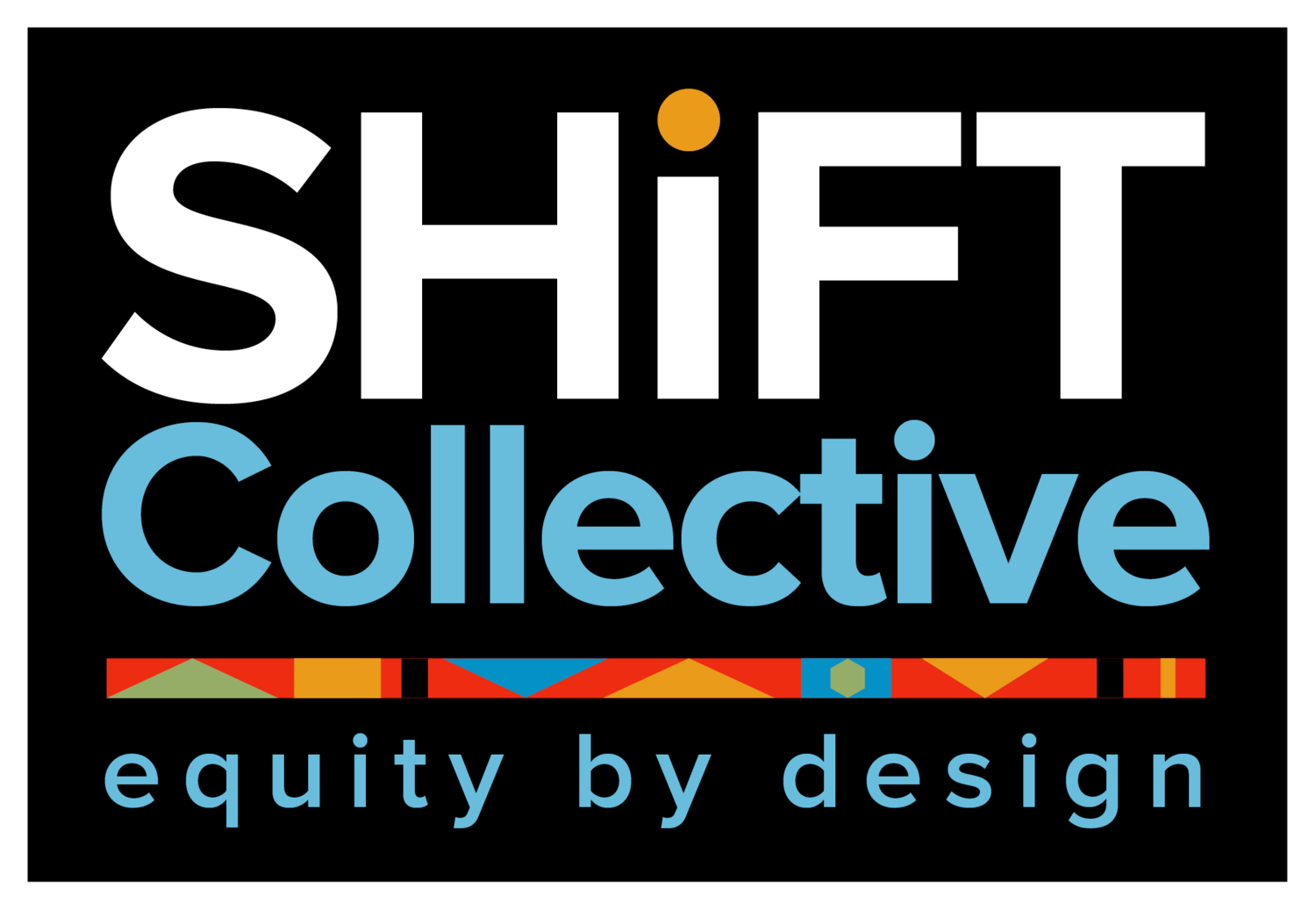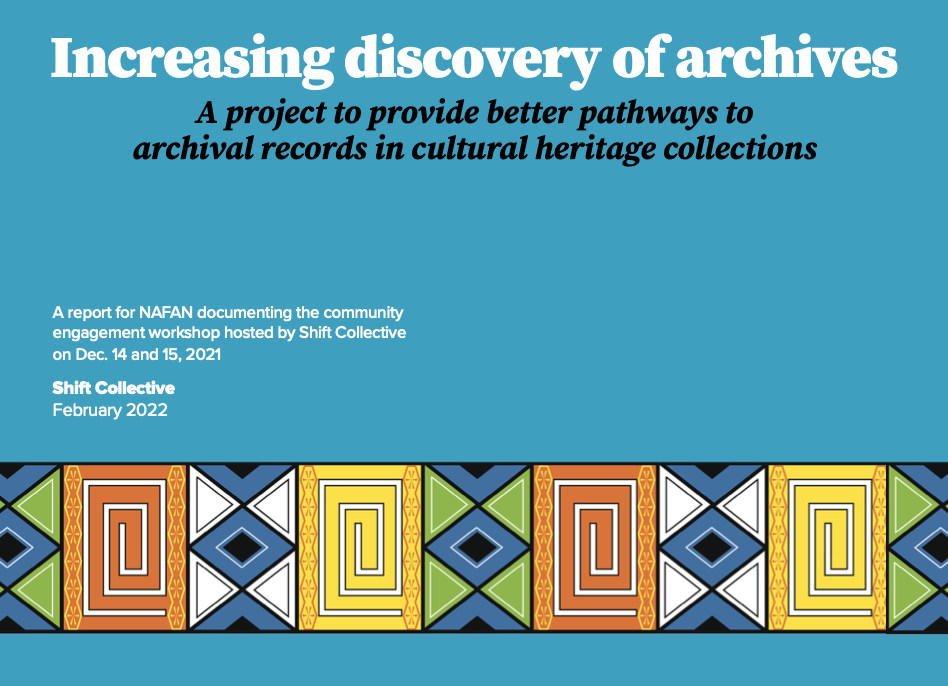
Strategy: Understanding Community-based Archives Needs Around Discovery
Design, implement, and support community engagement, communications and outreach to aid the discovery of America’s rich cultural memory collections.
The Challenge
The California Digital Library (CDL) is coordinating a national effort aimed
at expanding and securing researcher access to descriptions of archival materials within finding aid aggregations, spurred in part by the imperative to update the aging infrastructure for finding aid aggregations in the US. In its initial stages, the National Finding Aid Network initiative (“NAFAN”) pursued a broad planning agenda comprising early-stage technical assessment, product development, community engagement, and sustainability issues. In its current phase, a two-year research and development initiative launched in 2020, the project aims to identify and address the barriers faced by researchers of all types to locating archival materials across the vast field of cultural heritage organizations.
Our Approach
Shift Collective is providing consulting services to design, implement, and support community engagement, communications and outreach, and project management activities.
A central component to our approach, focused on smaller community-based archives, was the design and facilitation of a two-day workshop, “Increasing National Discovery of Archives.” We documented the input of people whose work is centered on community-based cultural memory projects, to inform NAFAN’S development and implementation of a national network of archival descriptors. The workshop also aimed to identify ways that NAFAN might offer services, support, and advocacy to community-based archives, or might help meet the needs of researchers to better discover and access those collections.
By providing an open and honest space for stewards of community-based archives to express their hopes and reservations about such a project, we could in turn help provide guidance for how this project, or others like it, could genuinely engage smaller, rich, and diverse collecting organizations.
Stats and Impacts
This two-day workshop of 14 participants built upon a broader 2021 survey of 45 respondents representing community-based archives, historical societies, public and rural library archives, tribal archives, archives in small museums, and archives in community organizations such as civic and activist groups.
Our objectives were to 1) Identify opportunities for creating a more comprehensive, inclusive, and sustainable infrastructure for describing and discovering materials in cultural memory collections; 2) Gather input from both archivists and end users, giving them an opportunity to identify and express their needs, and to offer suggestions and solutions; and 3) Build community among participants through sharing experiences.
We identify common themes shared across community-based archives, recommendations to help sustain community-based archives, and finally, ways this project in particular can meet the needs of community-based archives in relation to discovery and engagement.
Tools and Methods
Community-Centered Design
Systems Change
Utilized Storybox for trust and team building
Convenings & Meeting Planning
“Part of the historical problem is that I think for a lot of us, our communities have been doing memory work in a lot
of ways, but we don’t have the sustainability. And then millions of dollars are going to universities to figure out how to include us in the university work instead of us actually getting money.”
“The more we participate in national things, the less we have control.”
“One benefit of the workshop was all of us being online together sharing information, processes, and approaches.”




